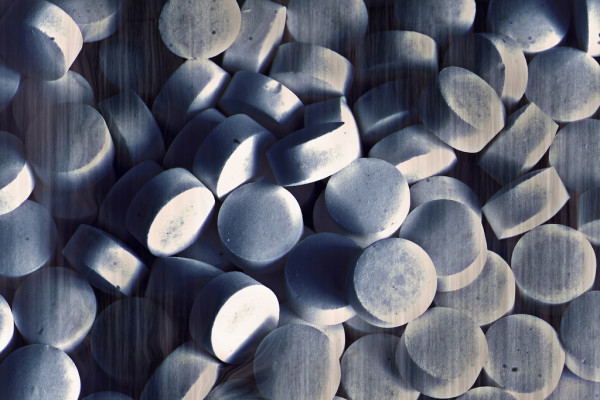Drug addiction is characterized as a neuropsychological disorder, meaning the mental symptoms seen are due to abnormal processes in the nervous system. In the case of drug addiction, studies have associated the disruption with parts of the brain that are responsible for the feeling of reward. Drugs can cause an increase in the amount of feel-good chemicals, such as dopamine, that give the euphoric feeling of reward. The flood of dopamine can cause the drug user to develop a tolerance to the chemical. Thus, he or she may need to increase the drug dosage in order to achieve the same effect. The cycle of tolerance and higher doses can lead to drug addiction. A variety of drugs can be subject to abuse and addiction, and some common ones include opiates, like heroin and cocaine, sedatives, and stimulants.
Image Source: GIPhotoStock
People use various methods to treat drug addiction, such as termination of usage, therapy and counseling, and medication. Drug addiction medications can be used for tobacco, alcohol, and opioid addiction. The medications can target different aspects of addiction as treatment. For example, they can reduce withdrawal symptoms and cravings, or in some cases, cause an adverse reaction to the addictive drug to prevent the person from taking it.
One particular drug addiction medication is Naltrexone (Revia), which is used to treat opiate or alcohol addiction. Naltrexone works in conjunction with addiction counseling and blocks opioid receptors in order to prevent the effect of the addictive drugs. Naltrexone belongs to a class of medications called opioid receptor antagonists. These types of drugs are similar in structure to opioid compounds and bind to opioid receptors in the brain. The antagonists prevent actual opioid binding, negating the usual euphoric effects of opioids. It is important to note that while Naltrexone can block the effects of opioids, it does not treat withdrawal symptoms. Additionally, due to the nature of antagonists, Naltrexone can increase the sensitivity of opioid receptors, reducing a person’s tolerance to opioids. In the case of a relapse, the same dosage of drugs can result in overdose due to the increased sensitivity of the opioid receptors after treatment. Therefore, users should be careful and avoid taking opioids during Naltrexone treatment.
Image Source: John Moore
Overall, counseling in combination with addiction medication can effectively treat drug addiction. As always, be sure to consult a licensed physician before taking any sort of addiction medication. If you or a loved one struggles with an addiction, please know that there are resources available to you and that you are not alone.
Featured Image Source: Pills by Me










